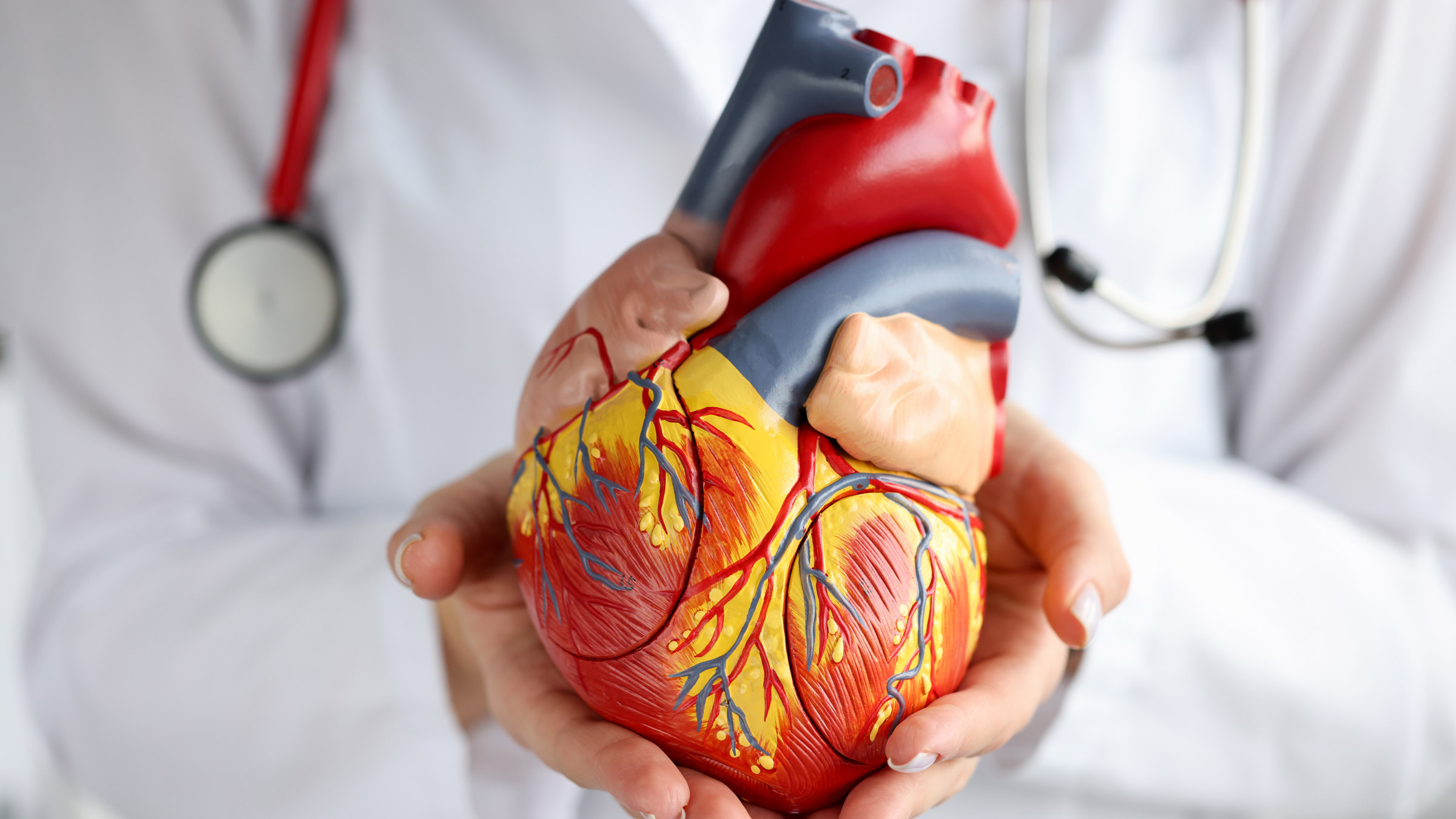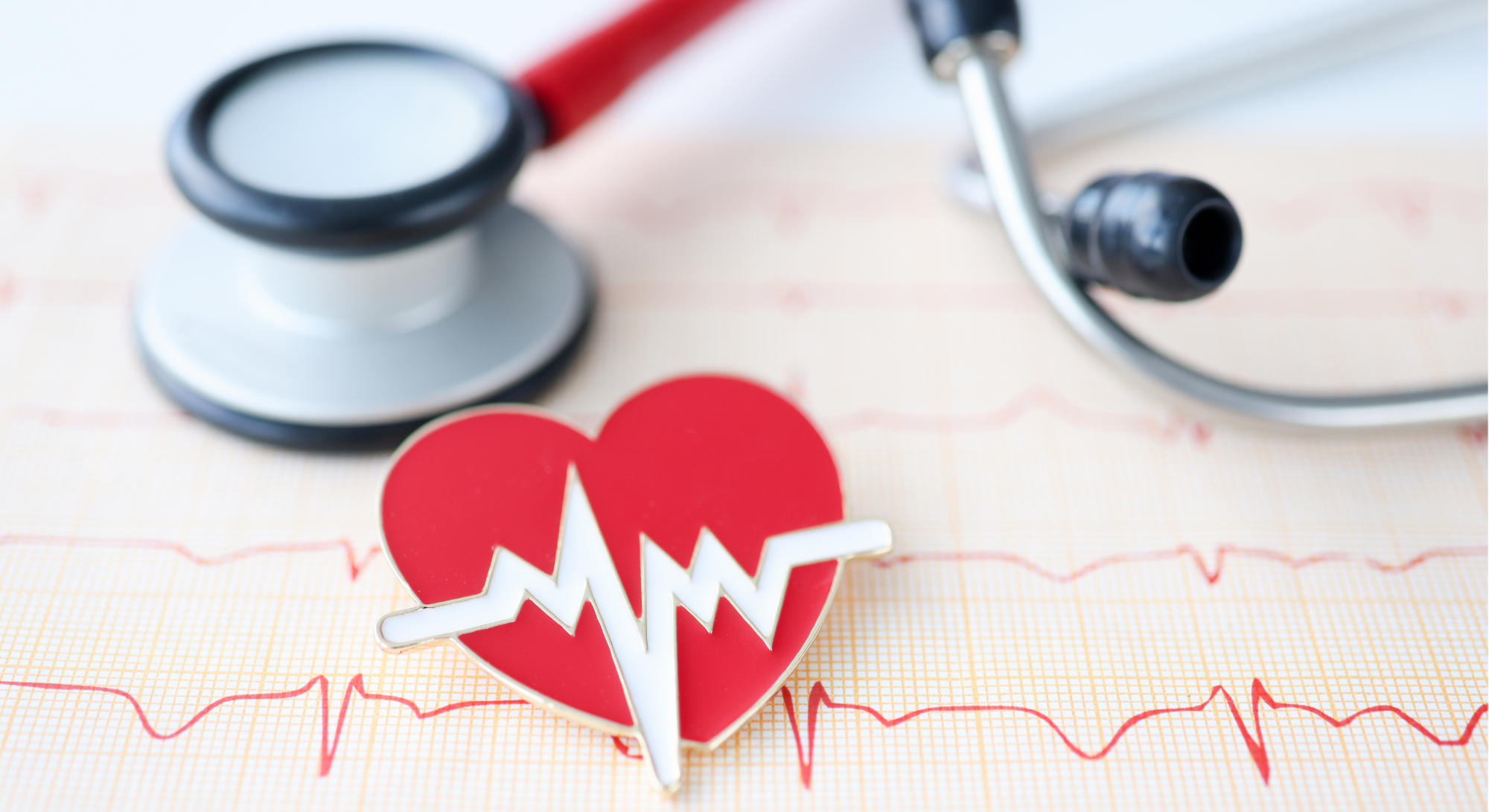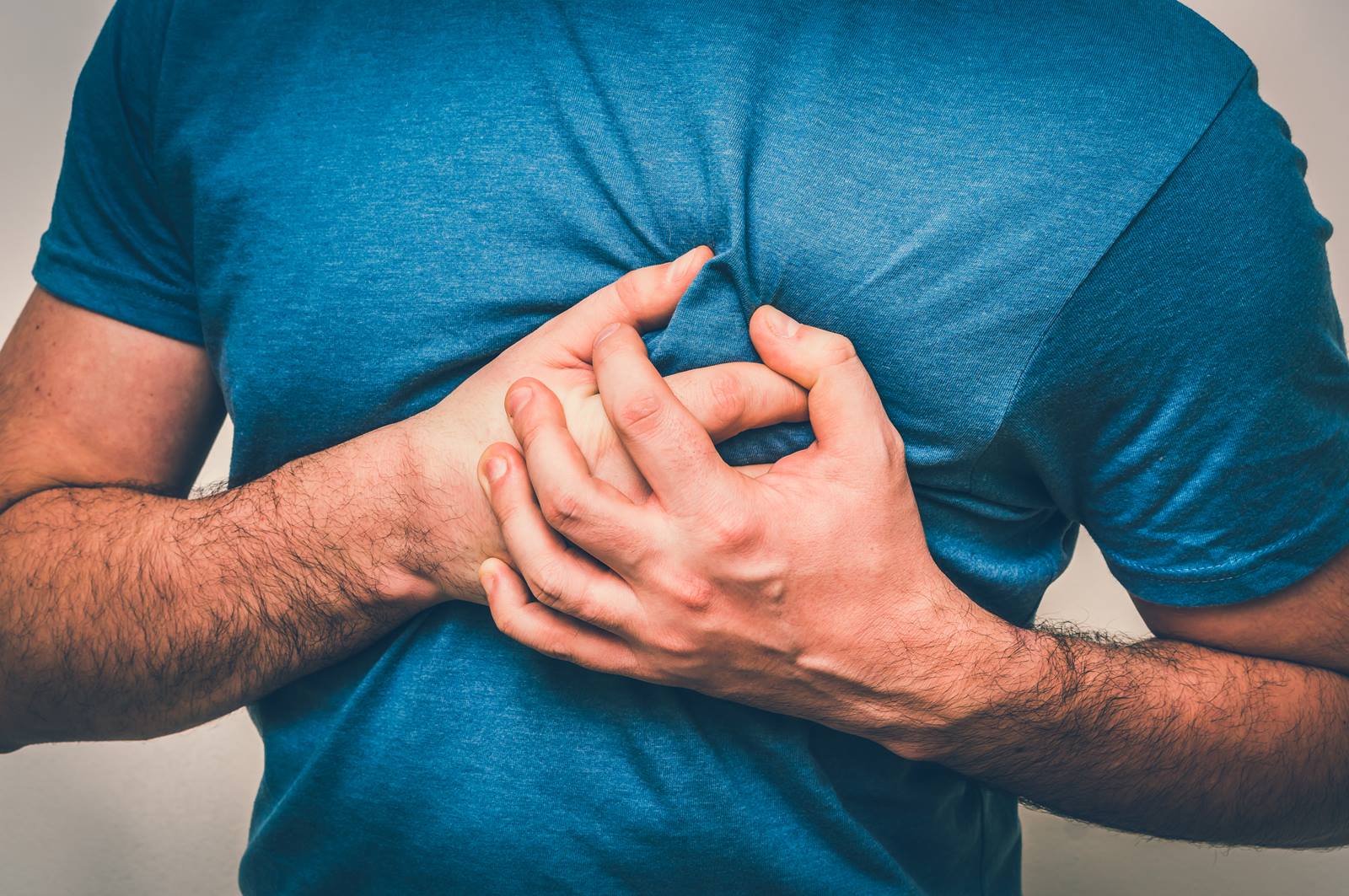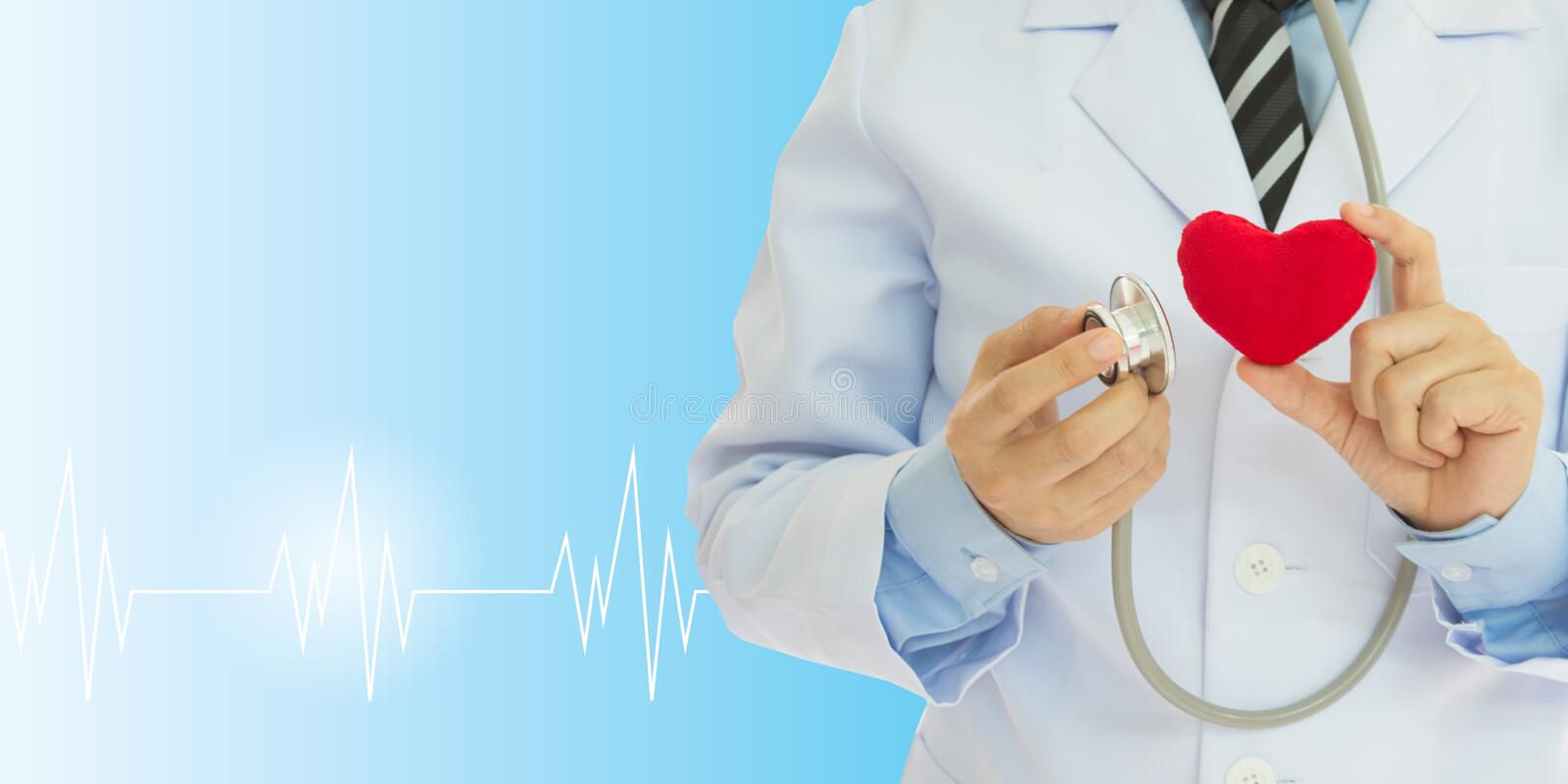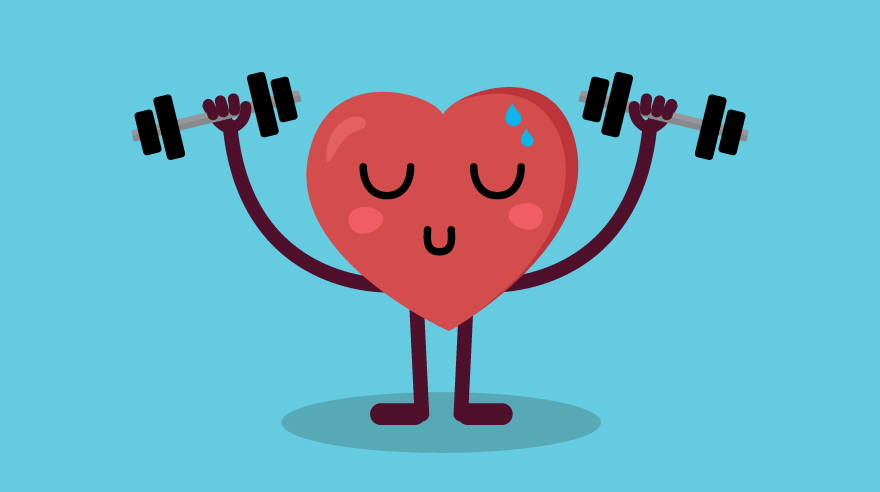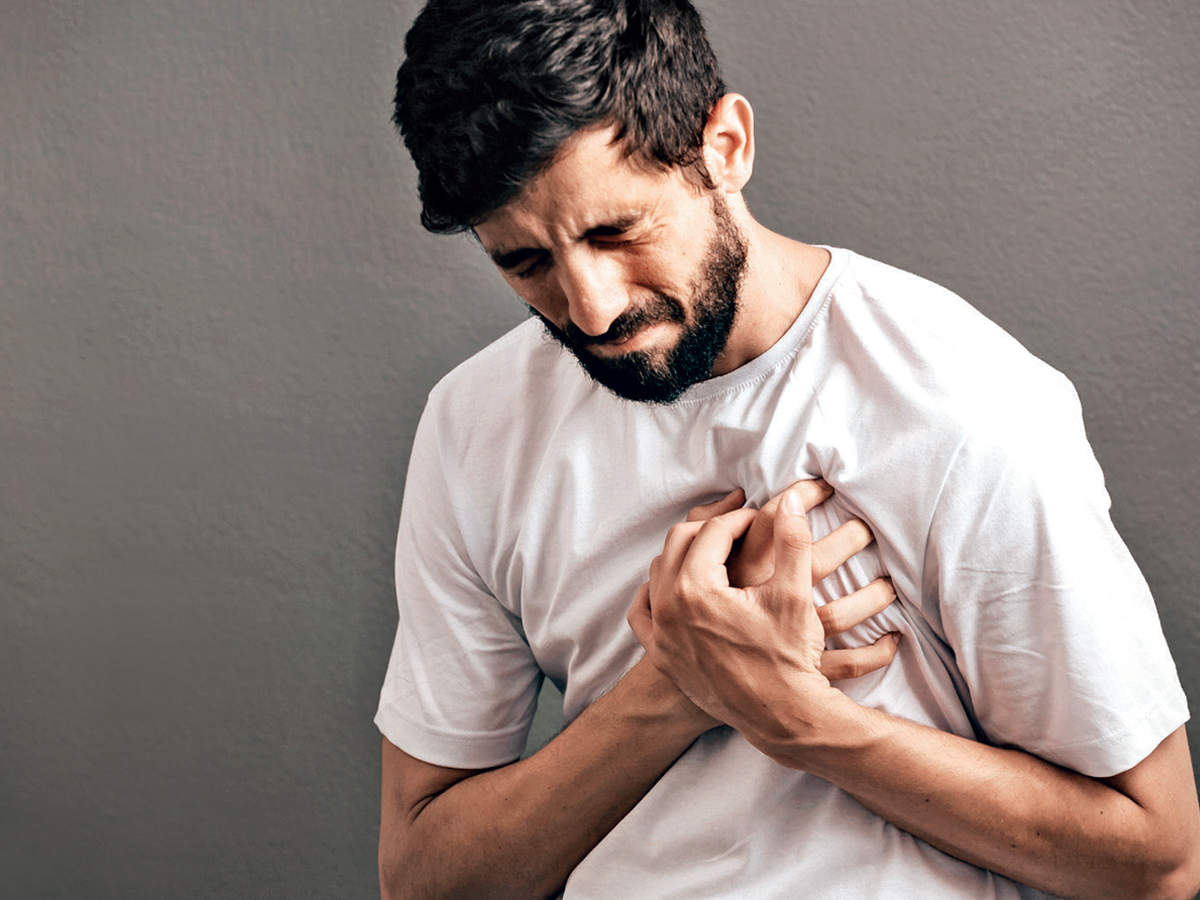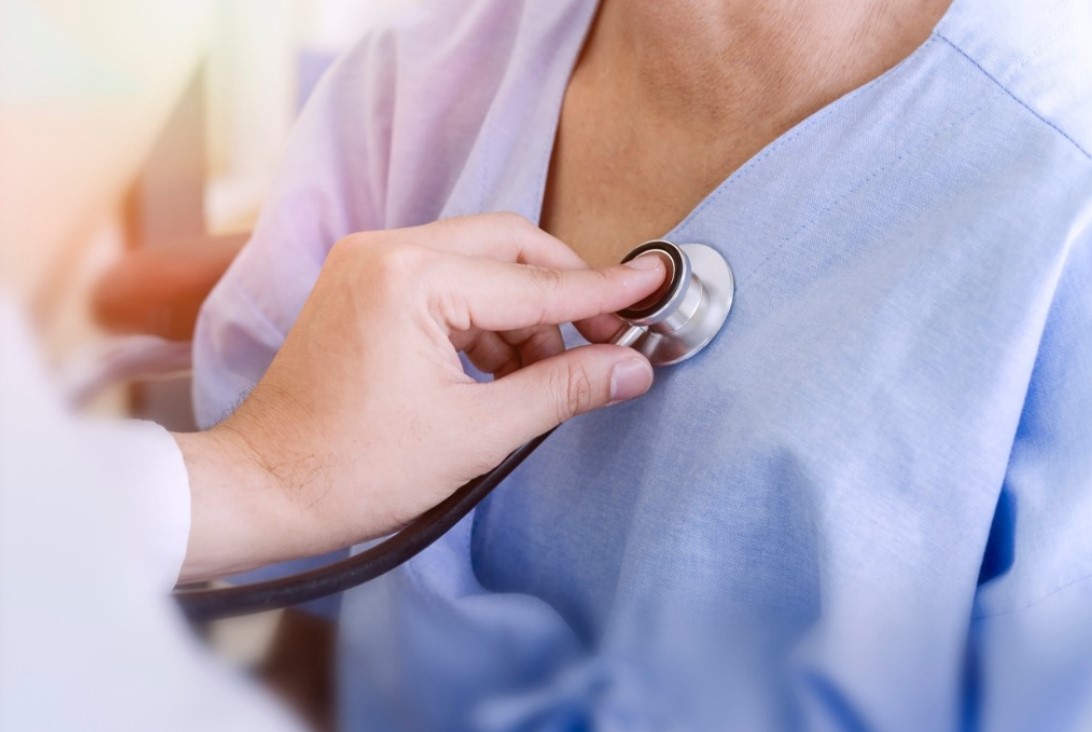If you have a heart condition, it’s important to find the best cardiologist in Delhi to ensure you receive the best possible care. With so many cardiologists in Delhi, it can be overwhelming to choose the right one. In this article, Dr. Sanjay Kumar, one of the Top Cardiologists in Delhi NCR we’ll guide you through the process of finding the best cardiologist in Delhi for your specific heart condition.
Understand Your Heart Condition
Before you start looking for a cardiologist, it’s important to understand your heart condition. What type of heart condition do you have? What are the symptoms? What tests or treatments have you already undergone? Knowing the answers to these questions will help you narrow down your search for a cardiologist.
Ask for Referrals
The first step in finding the best cardiologist in Delhi is to ask for referrals from your primary care doctor. Your doctor can refer you to a cardiologist who specializes in treating your specific heart condition. They may also be able to recommend a cardiologist based on their experience and the experiences of other patients.
Check Credentials and Experience
Once you have a list of potential cardiologists, it’s important to check their credentials and experience. Look for a cardiologist who is board-certified in cardiology, has completed a fellowship in cardiology, and has experience treating patients with your specific heart condition. You can check a cardiologist’s credentials on the Medical Council of India website.
Read Reviews and Testimonials
Reading reviews and testimonials from other patients is a great way to gauge a cardiologist’s reputation and quality of care. Look for reviews and testimonials on the cardiologist’s website, as well as on third-party review sites like Google, Yelp, and Healthgrades. Pay attention to comments about the cardiologist’s communication style, bedside manner, and level of expertise.
Consider the Hospital
The hospital where a cardiologist practices is an important factor to consider when choosing a cardiologist. Look for a hospital that is reputable and has a strong cardiology program. You want to ensure that you have access to the latest technology and treatments, as well as a team of healthcare professionals who are experienced in treating your specific heart condition.
Ask About Insurance and Costs
Before scheduling an appointment with a cardiologist, it’s important to ask about insurance and costs. You want to make sure that the cardiologist is in-network with your insurance provider and that you understand the costs associated with any tests or treatments you may undergo. If you’re concerned about the cost of care, ask about payment plans or financial assistance programs.
Schedule a Consultation
Once you’ve narrowed down your list of potential cardiologists, schedule a consultation with each one. This is your opportunity to meet the cardiologist, ask questions, and get a feel for their communication style and bedside manner. Bring a list of questions with you to the consultation, including questions about their experience, approach to treatment, and availability for follow-up appointments.
Trust Your Instincts
Finally, trust your instincts when choosing a cardiologist. If you don’t feel comfortable with a particular cardiologist, or if you don’t feel like they understand your concerns, it’s okay to continue your search. You want to find a cardiologist who you feel confident in and who you trust to provide you with the best possible care.
In conclusion, finding the best cardiologist in Delhi for your specific heart condition requires a bit of research and due diligence. By understanding your heart condition, asking for referrals, checking credentials and experience, reading reviews and testimonials, considering the hospital, asking about insurance and costs, scheduling a consultation, and trusting your instincts, you can find a cardiologist who you feel confident in and who will provide you with the best possible care.

